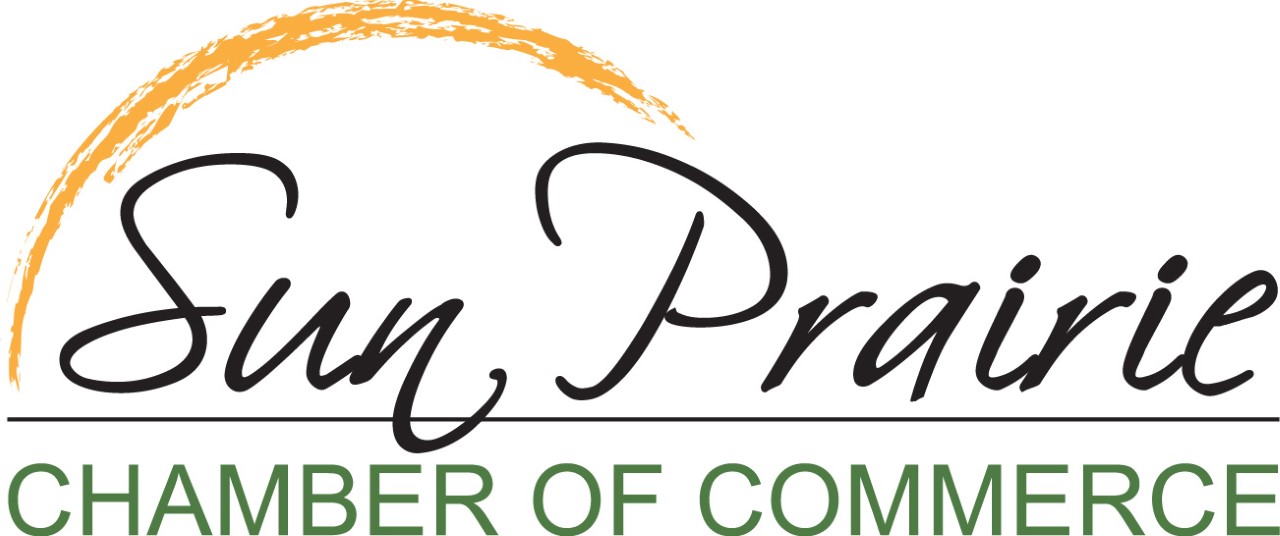Forget Fearless — Be Risk-Literate From Day One
Risk isn’t a corner-case concern for entrepreneurs — it’s baked into the DNA of every early decision. Before the first invoice hits or the first product ships, there’s already exposure. One overlooked contract clause, one unsecured vendor, one ill-timed outage, and momentum can unravel. Smart founders don’t aim for risk elimination — they engineer durability. They pressure-test their blind spots, layer protection without adding drag, and build decision systems that hold steady under strain. Risk isn’t just about defense. It’s the quiet architecture behind staying in the game.
Start With a System, Not a Gut Feeling
Intuition might serve you in pitch meetings, but risk needs more than instincts. The fastest way to level up your judgment is to compare leading risk frameworks and pick one that aligns with how your business operates. Frameworks like COSO or ISO 31000 aren't about compliance—they're about clarity. They help you distinguish strategic bets from operational blind spots, and force you to see your business as a dynamic, interlocking system. It's not about playing defense—it's about knowing where you're most likely to fumble.
Treat Insurance Like a Strategic Layer
Founders love to move fast, and insurance feels like a slow detail. But skipping this layer leaves you exposed in ways you won’t notice until you're sued, flooded, or hacked. Instead of treating it like a checkbox, understand how insurance shields assets at each stage of growth. From general liability to cyber to D&O coverage, your policy stack should reflect the real-world exposure of your activities—not just what a template says. This isn't red tape. It's risk transfer. And the sooner it's in place, the fewer fires you’ll have to fight alone.
Risk Is Digital Too — Especially Early On
When you're lean and scrappy, cybersecurity feels like something for the Fortune 500. That’s a myth. Most small businesses that suffer data breaches don’t survive the reputational fallout or financial penalties. The smartest operators treat cybersecurity as business survival, not a tech team problem. That means MFA from day one. It means separating employee devices. It means knowing who can access what, and logging those permissions religiously. A breached Gmail isn't just a nuisance—it’s a direct path into your contracts, accounts, and customer trust.
Compliance Is Not Optional — It’s Architecture
You can’t outrun compliance. You can only forget it — until it bites. Whether it's receiving service of process or keeping your business address on file with the state, a small lapse can trigger big consequences. That’s why it makes sense to get a registered agent service at ZenBusiness. It’s not glamorous, but it’s operational armor. It ensures you don’t miss a critical legal notice, and it creates a clear channel for official correspondence. This isn’t bureaucracy — it’s about staying reachable and protected when it matters most.
Structure Yourself to Absorb the Blow
If you’re still running your business as a sole proprietor, you’re gambling with your house, your savings, and your future. The point of a legal entity isn’t just paperwork—it’s insulation. Incorporating your business or forming an LLC opens the door to essential methods to limit personal liability. And it forces you to think structurally: how money flows, who’s responsible, and where blame stops. Risk management isn’t just about prevention—it’s about containment. A good structure is your firebreak when things go sideways.
Plan for Breaks — Not Just Breakthroughs
Most founders think of contingency planning as something to write after they've raised a Series A. But that’s backwards. Founders who survive downturns, supply chain failures, or personal emergencies are the ones who view contingency planning as ongoing practice, not a one-time doc. This doesn’t mean you have to predict the future. It means identifying critical dependencies and stress-testing them. Who runs payroll if you're out? What happens if your biggest vendor disappears overnight? Smart risk management means you're not starting from zero when something breaks.
Use Checklists to Stop the Snowball
Founders don't fail because of one big mistake. They fail because ten small oversights snowball into a crisis. That’s where operational hygiene becomes survival. One of the most underused tactics is to review your practices with startup checklists and integrate them directly into your team’s workflow. These checklists aren’t just busywork — they’re trigger points for catching what your brain is too busy to remember. SOC 2, GDPR, onboarding protocols—each line is a small lever that prevents future chaos. You don’t need perfection. You need consistency that doesn’t rely on memory.
Risk management isn’t an executive function. It’s a founder mindset. It's visible in your contracts, your onboarding flows, your backups, and your decisions at 1 a.m. when no one else is watching. The smartest founders aren't fearless—they’re fluent in risk. They build scaffolding before they leap. They write the checklist before the crisis. They don’t wait for the storm to start securing the windows. Because in business, the winds always come—you just don’t get to pick the direction.

